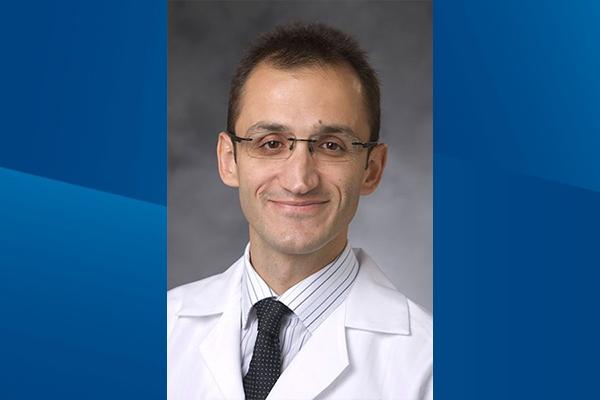
Pharmacogenomics of β-blockers: Implication for Postoperative Atrial Fibrillation
The purpose of our study is to identify genetic variations in human genes that are responsible for modulating the efficacy of beta-blockers for the prevention of postoperative atrial fibrillation after heart surgery. For the purposes of the present study, we are using isolated DNA and human heart tissue from patients who underwent coronary artery bypass grafting (CABG) surgery at Duke University Medical Center.
Since our last progress report in July 2013, we received the data from the DNA sequencing and messenger RNA gene expression profiling. Our statisticians have been working hard to analyze the complex data that was derived from the DNA sequencing and RNA expression profiling. As a result of these analyses, we expect to identify genes that might be associated with an increased risk for postoperative atrial fibrillation and reduced efficacy of beta-blockers.
Our research and understanding of the role of these potential genetic variants in postoperative atrial fibrillation and reduced efficacy of beta-blockers has also led to a grant submission (Co-Principal Investigators: Drs. Mihai Podgoreanu and Deepak Voora; Co-Investigator: Dr. Miklos Kertai) to the National Institute of Health Sciences. Our submission has received an outstanding score, so we are eagerly waiting to find out if it gets funded.